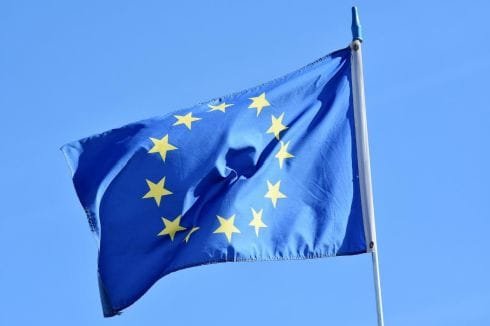As Facebook plans to launch its own cryptocurrency, the Libra coin, governments have expressed doubts around whether the social media giant is adequately equipped to manage its own digital currency.
Concerns around data security, money laundering, and the global financial power Facebook have all increased the urgency for clearer regulation to protect those who buy cryptocurrency.
Facebook’s plan has pushed cryptocurrency regulation up the agenda in Europe. Fears are that widespread use of Libra coin as an alternative means of transacting by Facebook’s 2.4bn users could even disrupt the entire global financial system.

Germany’s Finance Minister, Olaf Scholz has expressed his concerns. He says currency should not be owned by a private company, because it is part of what makes a sovereign state. Scholz does not want the Libra coin to be viewed as an alternative to the Euro and he has also warned it could help facilitate money laundering. Germany does not recognise cryptocurrency as a form of legal tender, and BaFin, the German financial regulator, has recently issued public warnings regarding the marketing of cryptocurrency.
Compared with some other European countries, Switzerland is highly crypto-friendly. It is one of the few countries to have regulation already in place. Its governments and authorities recognise the potential for economic growth that cryptocurrency and blockchain technology represent, making Switzerland a leader in this market.
France’s financial regulatory body, the AMF has also recognised the need for greater regulation of cryptocurrency and is launching a new framework. It will be a voluntary code of practice covering tax mandates, capital requirements and consumer protection agreements. Cryptocurrency organisations would need to agree to it as a condition of regulatory approval. The AMF is currently in talks with several cryptocurrency exchanges, hedge funds and custodians regarding the proposed new regulatory measures.
In April this year, France also made it illegal for banks to deny bank accounts to cryptocurrency and blockchain companies, provided they opt in to regulation. France’s clearer regulatory measures could now make it a more attractive base for cryptocurrency related organisations.

The UK does not recognise cryptocurrency as legal tender, although it does have registration processes for the platforms it trades on. It doesn’t have any laws around it, and is concerned about Facebook’s proposals. While recognising Libra coin’s potential, the Governor of the Bank of England, Mark Carney has made it clear that Facebook will face intense scrutiny from many areas before Libra coin will be authorised for launch. This will include collaboration across the G7 countries, the IMF (International Monetary Fund) the Financial Stability Board and the Bank of International Settlements.
The FCA (Financial Conduct Authority) also expressed its concerns around the size of Facebook, and whether it is equipped to handle the level of responsibility needed to become a global online payments provider.
Spain also takes a cautious view around cryptocurrency, and although it recognises the potential for blockchain technology, it issued a communique with the Spanish Stock Market Regulator (CNMV) last year warning consumers against crypto currency investment.
Whether Facebook manages to launch the Libra coin by June 2020 as planned remains to be seen, but either way it has certainly opened up an important debate, which should ultimately bring about clearer legislation of the cryptocurrency market.







